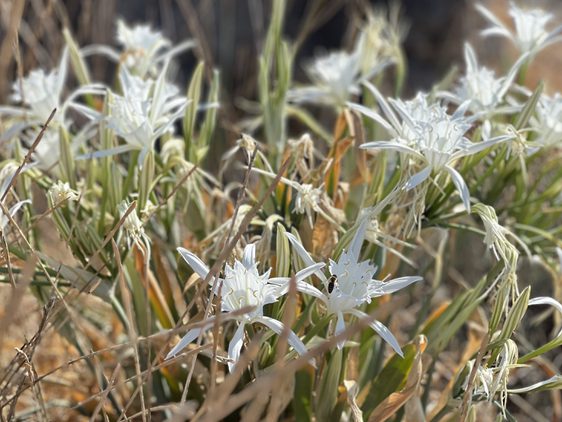The world as it should be
Publication date: 15/09/2025
Why we remain committed to a vision of a world that is more just and equitable
Written by Raji Hunjan, CEO
Maintaining a focus on a positive future can feel near impossible after a weekend in which we have witnessed one of the largest far-right rallies in decades.
Earlier this year, The Tudor Trust launched a new strategic framework, one that holds at its core, a vision of a world where racism does not exist and all communities thrive. Already, we are walking a tightrope. We are building our funding strategy around organisations that are creating alternative and more regenerative systems. And at the same time, we feel the pull to respond to what is happening right now.
The road to long-term change is full of contradictions
The sector in which we exist is rich in its multiple responses to the challenges of today, and we must not create false distinctions between those who are working on deep systemic change, and those who are on the frontline. And still at Tudor, we know that if we dilute how we deploy our funding, we risk achieving less. We must come to terms with this contradiction through deep listening and by acting on what we are learning.
The role of philanthropy in bringing us together
Philanthropy has a role to play in building stronger relationships, creating alternative spaces for new forms of engagement and togetherness. We must not conflate the real feelings and experiences of diverse grassroots communities with the behaviours of those who are dominating the narrative for their own self-interest. Building resilience in communities is about moving away from what divides us to demonstrating that long-term change is possible if we work together.
Our commitment to systemic change
At Tudor, we will continue to act with intent: to connect people, to shift the narrative, and to show in practice how we move away from systems that harm so many of us. We will continue to work with our grant partners, and others, to demonstrate that other ways of thriving are possible if we let go of the scarcity mindset that is dominating the wider economic and political debate. We will use all our resources in ways that are regenerative and healing, building wealth in communities in ways that go beyond material assets, to centring wisdom and collective action.
We understand that racism ultimately disadvantages our whole society as it deepens inequities and social divides. So let us all act from a position of understanding we are not in competition, and that this moment requires bravery, humility and compassion from all of us. This is our commitment to being in service of the work.
Share this article

